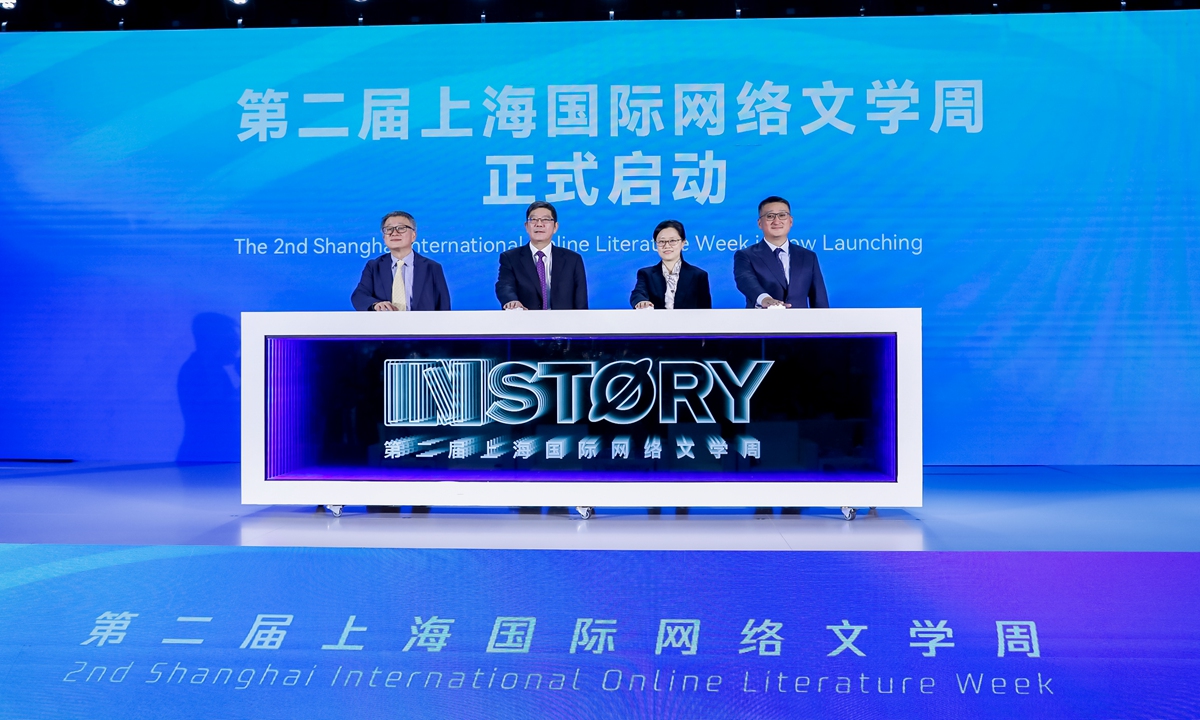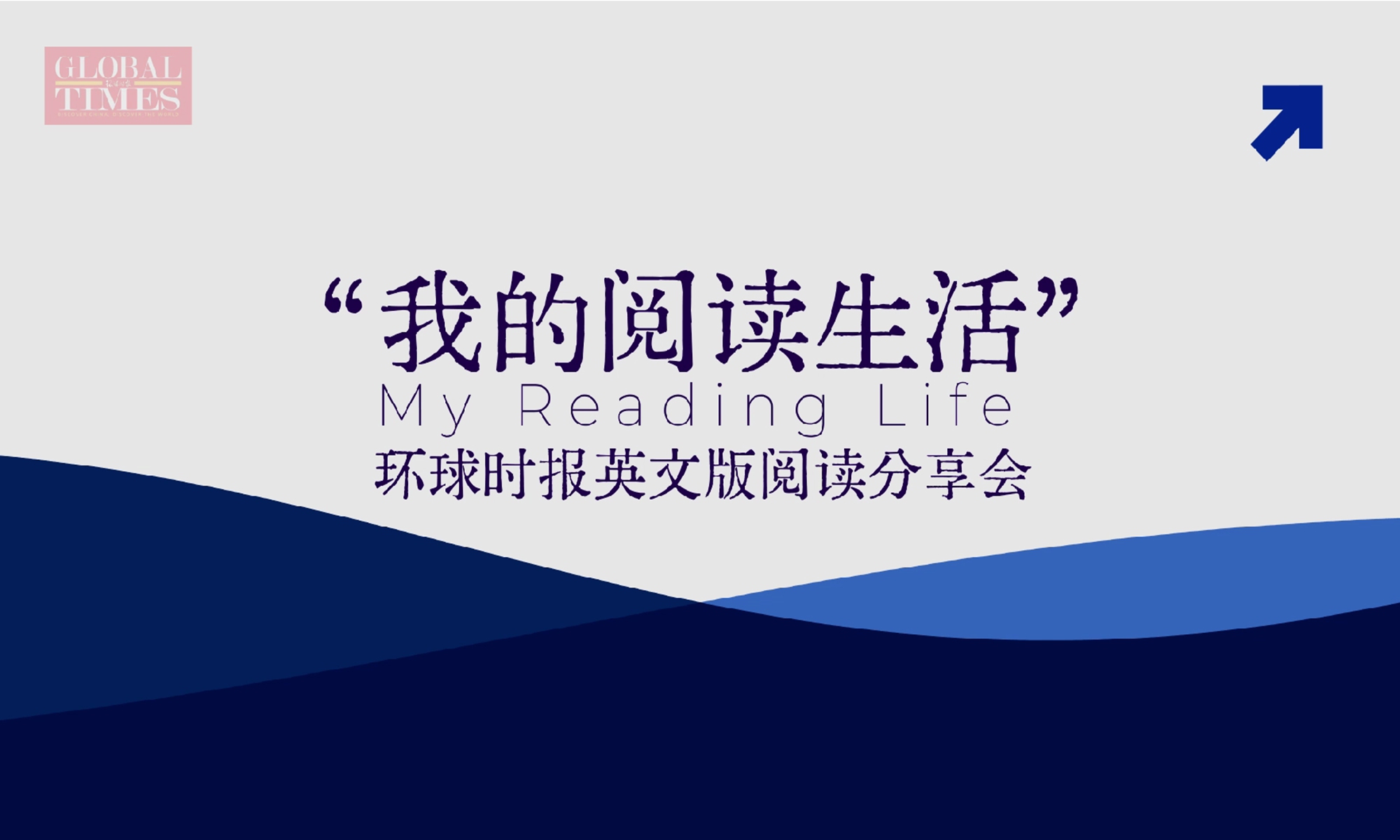MY READING LIFE / STUDENTS' WORKS
Reading French novel helps me see why time is the remedy for setbacks
Let it be

Photo:VCG
Editor's Note:
"Read ten thousand books, and your pen will be guided as if by the gods" is an ancient Chinese idiom that can be seen in students' textbooks. China's Ministry of Education has published an action plan to further promote reading among students across the nation. With new and diverse book recommendations, the reading scene is expected to be revived not only at schools, but also across society. To contribute to this endeavor, the Global Times launched "My Reading Life" essay contest for middle school students.
Please pick up a pen and share your stories with us at reading@globaltimes.com.cn
Participants will be rewarded once the article has been selected.
My favorite book is The Count of Monte Cristo written by the famous French writer Alexandre Dumas. The story takes place during the Hundred Days' Regime and focuses on the sailor Edmond, who is entrusted by his captain to deliver a letter to the Napoleonic party.
While Edmond is full of hope for the future, he was framed by Danglars and Fernand.
Coincidentally, the letter is delivered to the father of the prosecutor who is responsible for the trial. Therefore, in order to protect himself, he sentences Edmond to life imprisonment. Later, Edmond meets an old priest in prison, who teaches him various things and a lot of knowledge and helps him clear his mind, enabling Edmond to understand who framed him.
Before the priest dies, he reveals to Edmond the location of a huge treasure buried on the Island of Monte Cristo. After Edmond is released from prison, he successfully finds the treasure and becomes the wealthy Count of Monte Cristo.
Through careful planning, the benefactor is rewarded and the enemy is punished. Finally, he puts aside everything and travels far away.
Besides this book, many of Dumas's works have been translated into other languages.
He is one of the most widely read French authors in the world. There are a few of his other publications such as The Three Musketeers and Twenty Years After are also worth reading. Another fun fact to know about the author is that he had written travel books, too.
As a student who learned to read and write in English bit by bit, I have to admit that European classics like this book weren't the easiest to read. However, I still learn to read such foreign books and I think these books can help me see life's different perspectives regardless of their cultural context.
I think in my daily life, there are always some things that are rather frustrating and make me feel tired. However, after reading this book, I understand that time may be the best remedy for many things. Wounds will heal with time, and we can also gain powerful strength after recovering from setbacks.
There is too much gratitude, resentment, love, and hatred in the world. Some of those emotions are good for us, and others would make people feel sorrowful. When encountering injustice, I think we should learn and try our best to forgive people. I always remember a saying that goes: forgiving people's mistakes is also a way to forgive ourselves.
While the book is commonly considered as a popular novel, in its last chapter I could see how it attempts to unveil the philosophical meaning of life by focusing on two ideas - "waiting" and "hope." For me, I think there is a connection between these two notions. One can wait to hope things become better. Also, I would say good opportunities are always there for someone who likes to spend time practicing their skills with patience.
The author is a student at Beijing Wenhui Middle School




